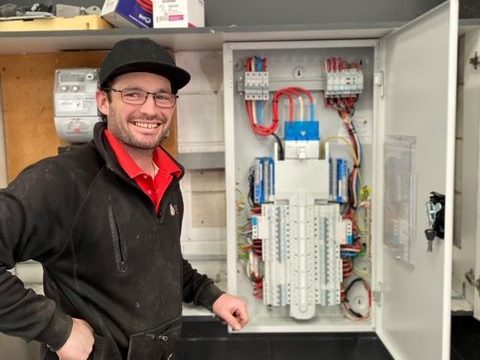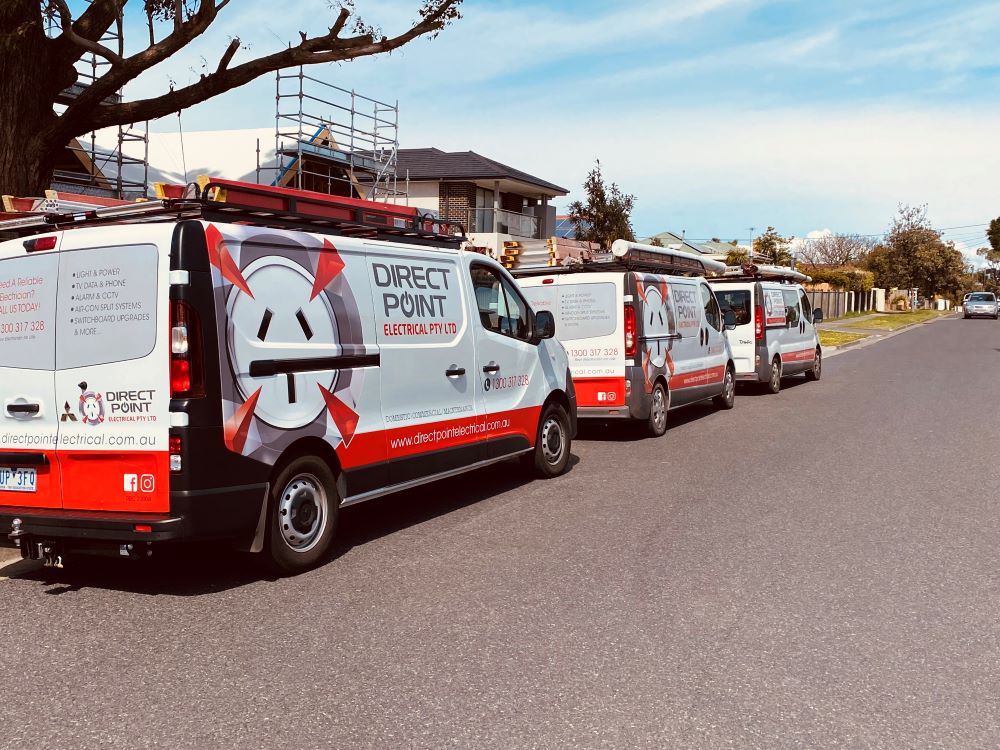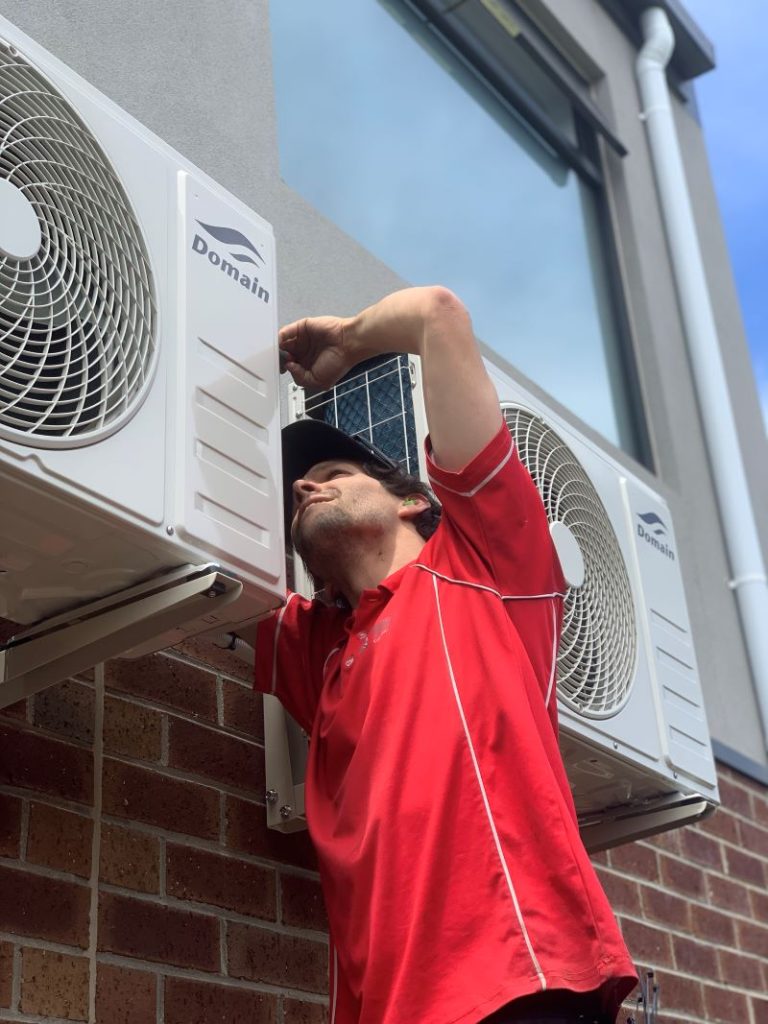Grasping the Crucial Role of Thorough Electrical Safety Inspections in Your Home
An electrical safety inspection is a comprehensive examination of your home’s wiring, switchboard, outlets, and safety devices. This vital assessment ensures compliance with the Australian Standard AS/NZS 3000 and identifies potential hazards, such as overloaded circuits, faulty wiring, or missing safety switches. Conducted by qualified electricians, these inspections are essential for preventing dangers like electric shocks, catastrophic fires, and damage to your valuable electrical appliances, ultimately safeguarding your home and family.

Key Electrical Safety Inspections That Every Homeowner Should Schedule Regularly
Many homeowners mistakenly assume that their home’s electrical system is operating efficiently until a significant issue occurs. However, how can you be certain that your wiring is not degrading behind the walls? Are you confident that your switchboard is functioning properly and not overheating? Regular electrical safety inspections are not merely preventative measures; they are crucial, especially in older suburbs like Narre Warren and Rowville. Considering that numerous homes in these areas are over 40 years old, the original switchboards often require urgent replacement. Whether you are buying, selling, renovating, or simply have not had an inspection in several years, comprehending the inspection process and its significance is vital for ensuring your home’s safety and compliance with current standards.
In-Depth Exploration of What an Electrical Safety Inspection Entails
An electrical safety inspection involves a thorough examination of your property's entire electrical infrastructure. A certified electrician will evaluate the condition, compliance, and operational efficiency of:
- Wiring and cable insulation
- Power outlets and light switches
- Switchboard and circuit breakers
- Residual Current Devices (RCDs) or safety switches
- Earthing and bonding systems
- Appliance connections and load capacity
- Smoke alarm wiring (if hardwired)
- External weatherproofing of outdoor circuits
At Direct Point Electrical, we meticulously adhere to all applicable legislation and guidelines, including the AS/NZS 3000:2018 Wiring Rules, Energy Safe Victoria standards, and Victorian Rental Tenancy Regulations. This commitment ensures that your home remains both safe and compliant with the latest safety standards.
Why Electrical Inspections Are Crucial for Older Properties
Homes built before 1990 often used outdated wiring methods, incorporating rubber-insulated or aluminium cabling. These materials can deteriorate over time, especially in environments exposed to heat or moisture. If your home has not been rewired or inspected in over 20 years, arranging a safety inspection is absolutely vital. We frequently discover serious issues, such as:
- Non-earthed outlets
- Oversized fuses
- Lack of smoke alarms
- Circuits without RCDs
- Undersized cabling for modern electrical loads
These issues pose significant risks that could endanger both your property and personal safety, making timely inspections indispensable for peace of mind.
Ideal Times to Schedule Your Electrical Inspection
- Before purchasing or selling a property: This is often required by lenders and is a prudent step for buyer due diligence.
- Prior to renovations or major appliance upgrades: Ensuring electrical safety before modifications is critical for compliance.
- Following flood, storm, or fire damage: Prompt inspections help identify any new hazards.
- If your home is over 25 years old: Regular checks are essential for older properties to maintain safety.
- As a landlord, during the preparation of a rental property: Compliance and safety checks are paramount for tenant security.
Since March 2021, landlords in Victoria are mandated to conduct electrical safety checks every two years, in accordance with the Residential Tenancies Regulations 2021.
For additional information, please visit: Victorian Government Consumer Affairs, which provides resources to assist landlords and tenants alike.
Comprehensive Breakdown of the Electrical Safety Inspection Process
Our licensed electricians perform a meticulous walkthrough and evaluation of all accessible electrical systems, which includes:
- Testing every socket and switch for faults to ensure proper operation
- Checking polarity and voltage across all points within the system
- Verifying the presence and effectiveness of RCDs to prevent electrical shocks
- Inspecting the switchboard layout, protection, and labelling for clarity and safety
- Utilising thermal imaging to detect overheating components when necessary for safety
- Conducting earth loop impedance testing to ensure grounding is adequate
- Documenting any illegal or DIY wiring that may pose risks
Upon completion of the inspection, you will receive a comprehensive written report detailing:
- Existing hazards that require immediate attention
- Compliance status with current safety regulations
- Urgent repair needs (if applicable) for your peace of mind
- Recommended upgrades to improve safety and efficiency
- Options for enhancing safety and preventing future issues
Additionally, we provide a Certificate of Electrical Safety (COES) for any rectification work performed during the inspection, ensuring you are fully informed and reassured.
What Actions to Take if Your Home Does Not Pass the Electrical Inspection
There’s no need for concern. Many homes we inspect only require minor adjustments, such as installing an RCD, replacing a few worn outlets, or addressing an overloaded circuit. If we discover significant issues (for instance, non-earthed wiring or an outdated switchboard), we will prioritise safety risks and provide you with a clear, fixed quote for necessary repairs. For additional information on our approach to updates, please visit our electrical services page, where you can learn about our comprehensive offerings.
Determining the Duration of an Electrical Safety Inspection
The duration of most inspections typically ranges from 1.5 to 2.5 hours, depending on the size and accessibility of the property. If you reside in a double-storey or split-level home, or have extensive outdoor power systems, the time required may vary slightly to ensure that a thorough assessment is conducted without missing any critical details.
Financial Advantages of Regular Electrical Safety Inspections
Neglecting to identify issues such as leaking current, loose neutral connections, or improperly loaded circuits can lead to significant consequences, including:
- Increased power bills due to inefficiencies
- Reduced lifespan of your appliances, leading to premature replacements
- Risk of costly repairs if problems remain undetected over time
Moreover, recognising faults early shields you from potential financial burdens and legal ramifications associated with an electrical fire or injury claims, especially if you are a landlord responsible for tenant safety.
Commonly Asked Questions Regarding Electrical Safety Inspections
What sets a safety inspection apart from an energy audit?
A safety inspection focuses on identifying hazards and ensuring compliance with safety codes, whereas an energy audit assesses energy efficiency and provides recommendations for reducing energy consumption in your home.
Should I turn off the power during the inspection?
It is not always necessary to turn off the power. Some tests may require brief disconnections, but the majority of the inspection can be performed with the power on to ensure minimal disruption.
Will I incur fines if I overlook safety checks?
If you are a landlord, the answer is yes. Under the Residential Tenancies Act, failing to conduct bi-annual safety checks can lead to substantial fines or complications with rental listings, which can have severe implications.
Is a safety inspection necessary if I have solar panels installed?
Yes, a safety inspection is essential. Solar systems incorporate additional components that must be tested, such as isolators, inverters, and export limits, all of which need to comply with safety standards to ensure reliable operation.
Can DIY electrical work negatively impact my inspection?
It certainly can. Any non-compliant or unlicensed modifications must be rectified before we can issue a safety clearance, making professional oversight critical for ensuring safety and reliability.
Your Trusted Local Electrician for Complete Electrical Safety Inspections
Investing in electrical safety inspections is among the most critical and cost-effective protective measures you can take for your home. These inspections can prevent catastrophic incidents, and if your home is older, has recently undergone renovations, or has not been professionally examined in years, now is the perfect time to take proactive measures to ensure safety.
Contact Direct Point Electrical today to schedule your professional inspection and secure your home’s electrical safety for years to come.
Reliable Local Electricians You Can Trust for Your Safety
Electrical Safety Inspections Explained: What Melbourne Homeowners Must Know
The Article: Electrical Safety Inspections: Essential Guide for Melbourne Homeowners first appeared on https://writebuff.com
The Article Essential Guide to Electrical Safety Inspections for Melbourne Homeowners Was Found On https://limitsofstrategy.com
The Article Electrical Safety Inspections: A Key Guide for Melbourne Homeowners found first on https://electroquench.com




